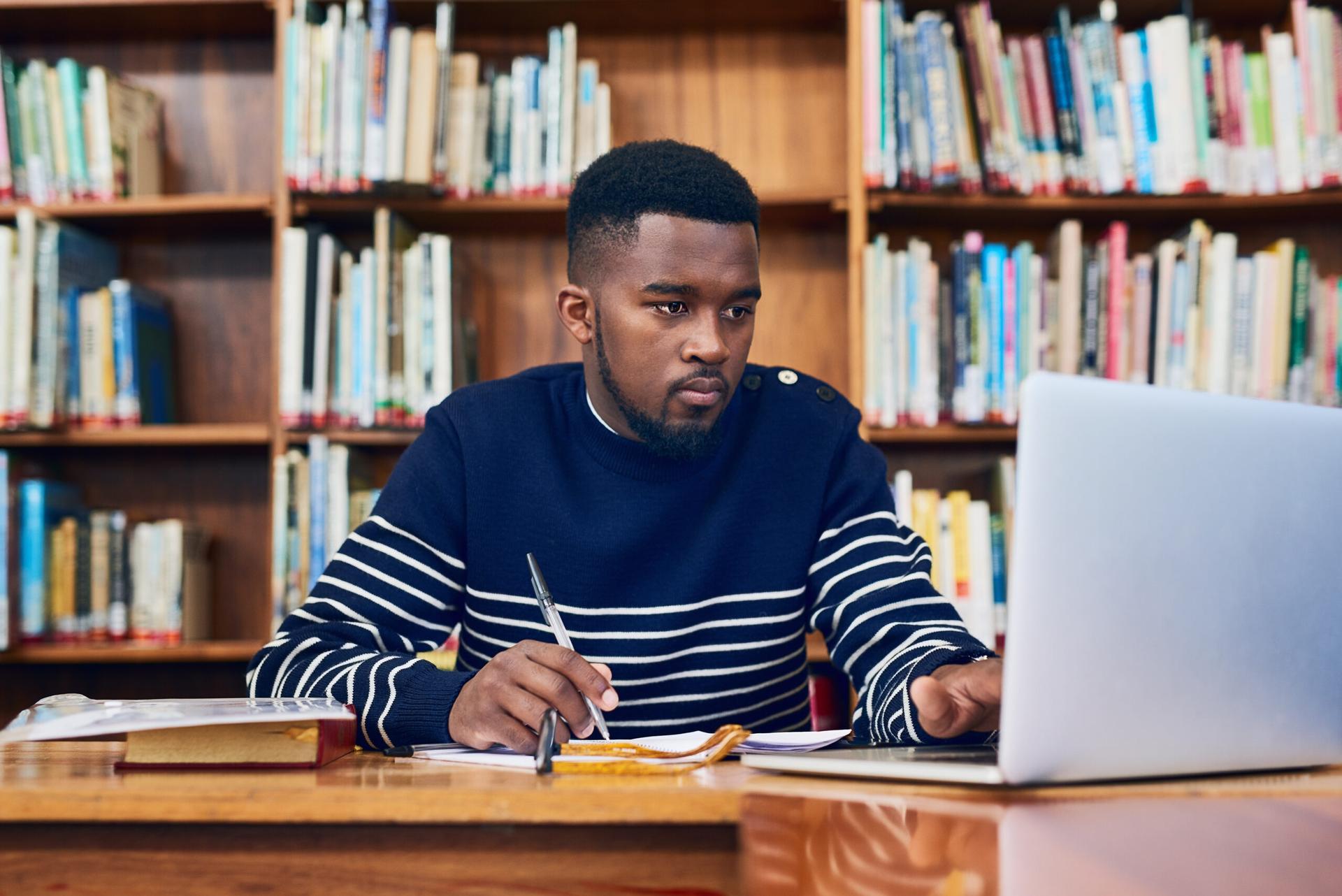Most of us at some stage or another would have turned to ‘Dr Google’ in the misguided hope of diagnosing or treating a medical issue we were dealing with.
And in some instances, that’s not necessarily a bad thing – Better Health Victoria states that “educating yourself about your health issues or medical conditions is an important part of managing your health.”
However, given the huge amount of inaccurate information online, people can easily become misinformed — one eyebrow-raising example is the idea that eating apricot or cherry seeds can cure cancer (spoiler alert — they don’t).
So there are downsides to doing your own research — misinformation can be extremely difficult to spot. Our health is something we should take seriously, so it’s important to trust the experts.
Healthy Male CEO Simon von Saldern believes the phenomenon of ‘Dr Google’ — the habit of searching Google for answers before, or instead of, seeking professional medical advice — can prevent men from getting the help they need.
“A lot of things have similar symptoms — for example a guy could be really hurting when he goes to the toilet. He could have kidney stones or a urinary tract infection or a bunch of other things. And you’re not going to know what it is unless you go and get some tests,”
– Simon von Saldern, Healthy Male CEO
“Dr. Google’s not going to be helpful.”
Learn who to trust, and look at the fine print
Von Saldern added if people were determined to research health issues online, they should go directly to trusted, official and specialised sources of information.
“Be careful where you get your information from; if you suddenly become worried about your risk of having a stroke, you should go to somewhere like the Stroke Foundation that actually has the proper evidence and has the proper professionals. And if you’re worried about your heart health, you go to the Heart Foundation site,”
– Simon von Saldern, Healthy Male CEO
What about those new digital health platforms for embarrassing issues?
Recently, there has been a rise in digital health platforms that target men who may be dealing with sensitive issues like sexual difficulties.
These services allow you to avoid the embarrassment of discussing these uncomfortable issues face-to-face and may even send medications to your door, but that doesn’t mean it’s your best option.
Better Health Victoria states: “Beware of medical information provided by organisations trying to sell a particular product or service – information written to sell products or services is not medical advice.”
Instead of this, von Saldern says men should look to build a strong relationship with a GP and other medical professionals, and/or access trusted digital services like Telehealth, e-scripts and Nurse on Call.
“It is important to start building a relationship with your GP and other medical professionals. You might not even go there often (after your first in-person appointment) — you can just use them for Telehealth for now but at least they’ve got all your records in the one spot.
“Because when something happens, you don’t have to stress about ‘where do I go?’ or ‘what do I do’?
“Things like Telehealth or using e-scripts are really helpful if you can’t, or don’t want to, go there face-to-face.”– Simon von Saldern, Healthy Male CEO











